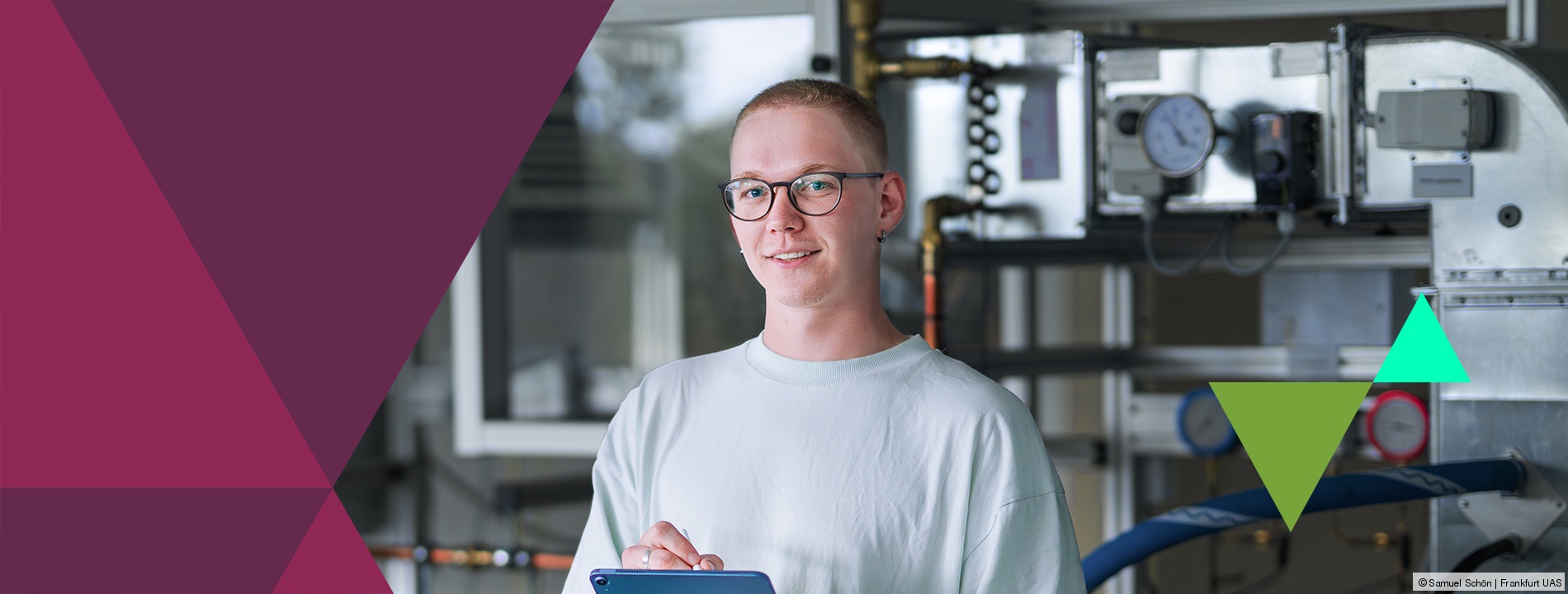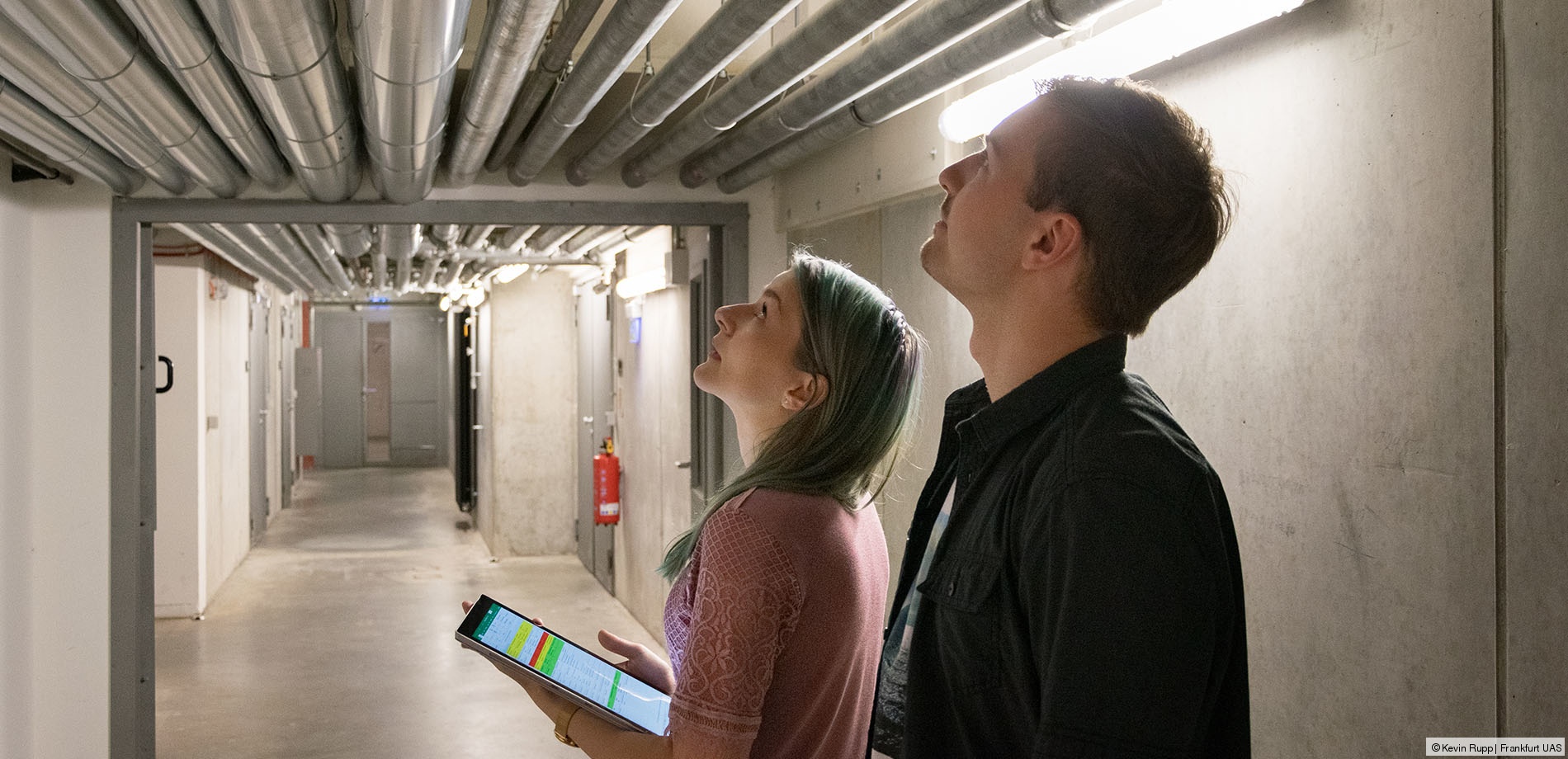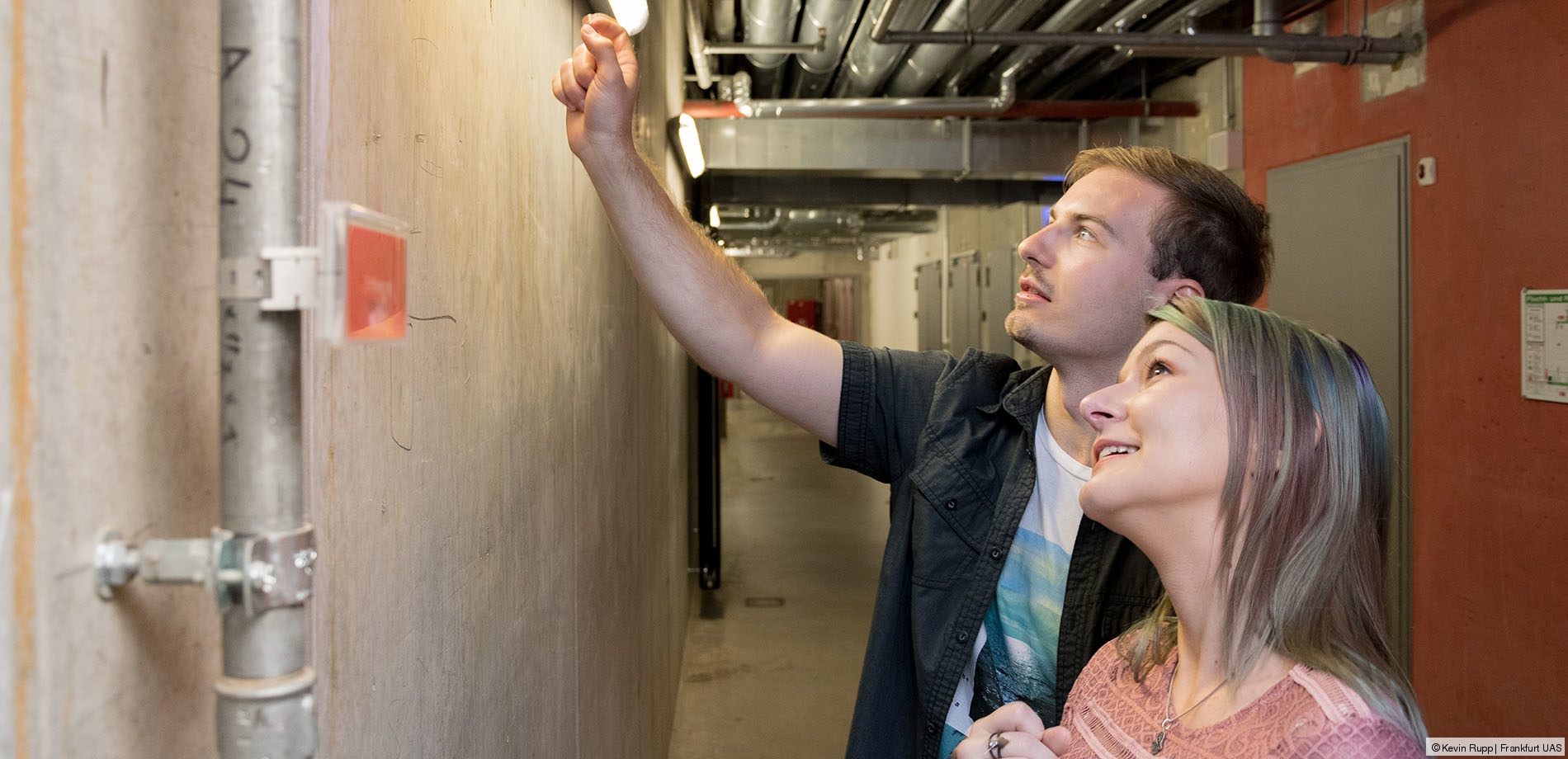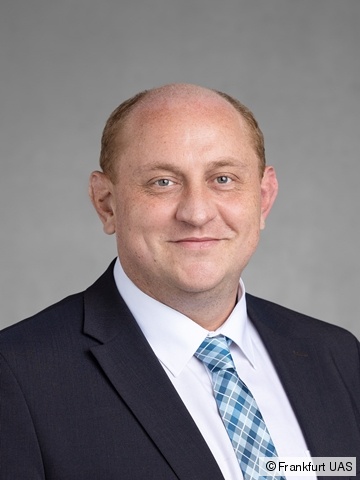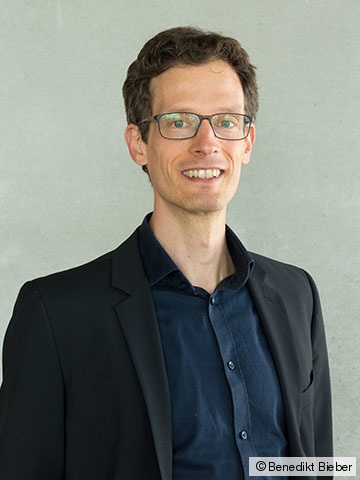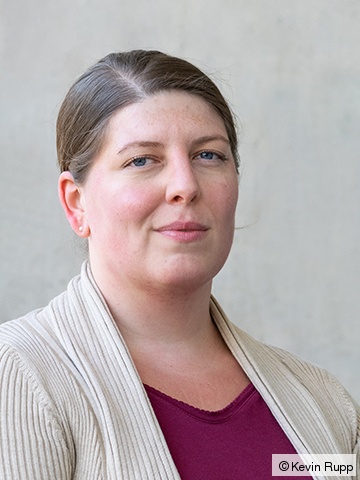Planning. Building. Managing. Optimizing.
Does modern technology fascinate you? Would you like to understand how the interaction of different technical systems work in a building? Communication between many different partners in the planning and building process and in the operation of buildings do not discourage you, but motivate you?
Then the degree course Real Estate and Integral Building Technology is the right choice for you!
The study prepares you to be part of a team in which you understand the context within the planning processes and in which you give impulses for the networking and optimization. You plan, configure, and operate integral building technology.
The real estate is our focus right from the start. You will get to know the real estate market and its participants in the first semester. Additionally, the necessary general and subject-related basics are taught in the first two semesters. During the third and fourth semester you will acquire specific building technological competencies and in the fifth semester you will begin your practical phase. After this practical phase you will study and interact together with the students of the degree course Real Estate and Facility Management in projects, obligatory and planning-oriented modules prior to completing your studies with a bachelor's thesis.
You will attain the academic degree 'Bachelor of Engineering' (B.Eng.) with the successful completion of the degree course.
The lab is the city! Frankfurt is a rather apparent real estate location. Properties of every type are to be planned, built, operated, marketed and demolished within the metropolitan Rhine-Main region, including skyscrapers, while industry space for the producing industry or supra-regional relevant transport hubs and other public institutions are developed. You will get to know the real estate market during the practical semester, which is part of your studies. But the city is also used as a living lab in the frame of excursions, projects and lectures. We also have experts visiting us who convey their direct knowledge from practice.'
Admission requirements
A pre-study internship of eight weeks lengths is required if you would like to enroll into the bachelor's degree course, with a recommended internship duration of 12 weeks. Furthermore, it is recommended completing this internship prior to the start of studies, in order to acquaintance oneself at an early stage with the field integral building technology.
The manual labor pre-study internship includes practical tasks in building technology e.g. installation and maintenance of building technological systems such as measuring, controlling and regulation technology, electrical engineering, sanitary, heating and air condition technology.
The proof of the completion of the manual labor pre-study internship is to be submitted to the examination board at the latest by the end of the third semester.
Relevant professional training or work experience may be credited towards the pre-study internship.
Further details can be found in the examination regulations for the bachelor’s degree course.
Please contact Mr. Jonas Hahn, if you have any questions about the internship.
Prospects
The buildings of tomorrow shall be energy efficient, functional and comfortable for its users. They must be operable in a cost-efficient manner and at best, increase their value in the long run. Key factors is the sustainable economic planning and the resource-saving operation of commercially used or residential properties.
Digitalized building technology plays an increasingly important and central role. Approximately 40% of the energy used in Germany is in association with real estate. This clearly shows that the complex elements of modern building technology must be appropriately networked and must be actively controlled. This requires well-trained individuals who are able to plan, overlook, control and optimize such systems.

